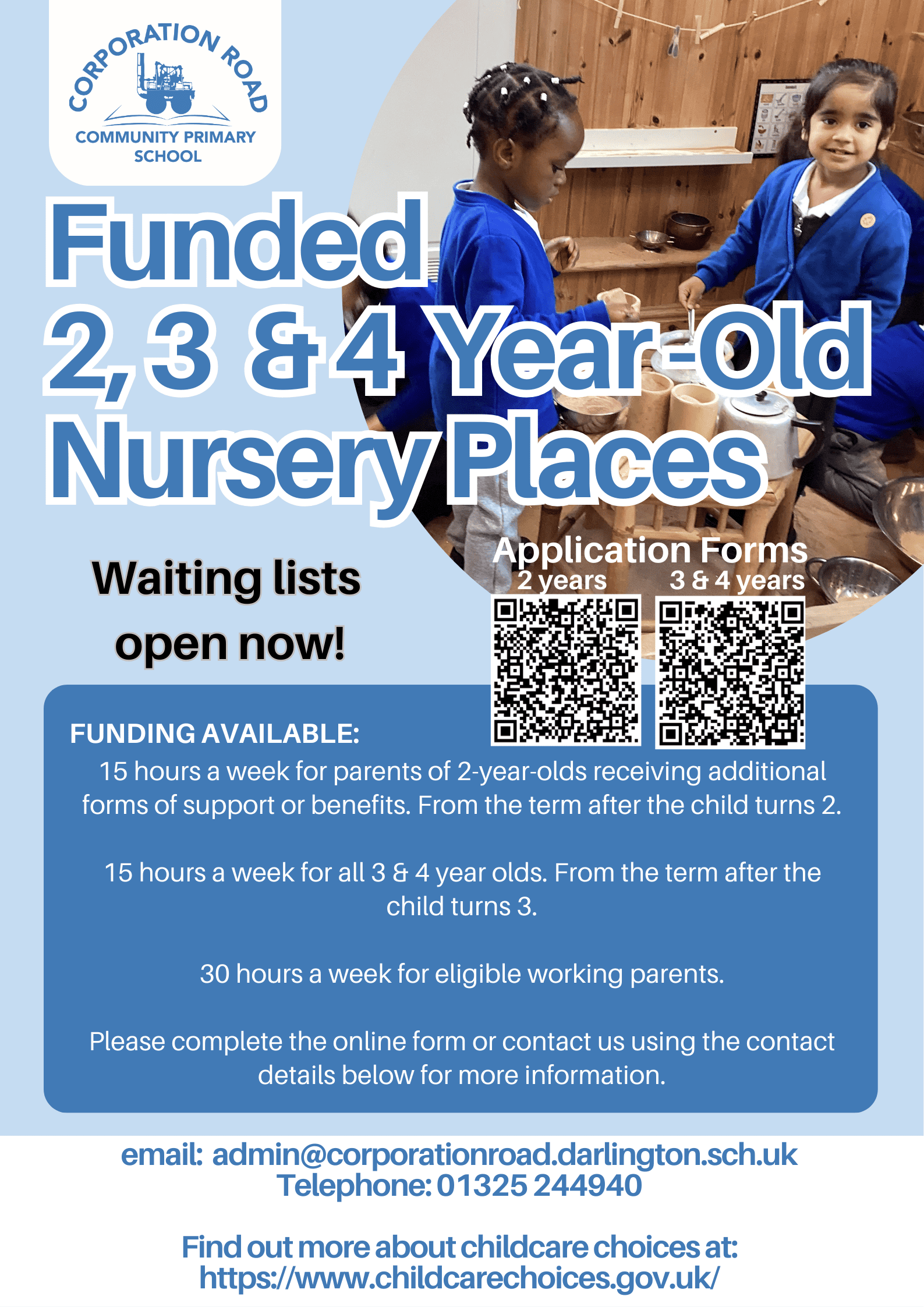RSE Curriculum – Parent Information
Teaching of RSE
The teaching of RSE at Corporation Road is outlined below. These are the learning objectives and/or key questions that children are taught.
Year 1:
- Use the correct terminology of body parts to compare boys and girls.
- How are boys and girls different?
Year 2:
- What are the differences between boys and girls?
- To be able to name the parts of the body, including external genitalia.
- Which parts of are body are private?
- Give examples of comfortable/appropriate and uncomfortable/inappropriate touch.
Year 4:
- What can you tell me about puberty?
- To know how to manage puberty, to keep themselves clean and to get help and support.
- To know what makes a positive relationship and how problems can be solved in a positive way.
- What types of relationships can you tell me about?
- What can we do to make sure they are positive relationships?
Year 5:
- What happens during puberty?
- To know what will happen during puberty, know how to manage the changes and how to ask for support.
- How might you feel during puberty?
- Explain what happens during periods (menstruation) and ejaculation and how to manage both.
Year 6:
- To be able to explain how they can manage the physical and emotional changes during puberty.
- What happens during puberty?
- What is pregnancy? How can it be prevented?
- How might couples show their love and commitment towards each other?
- What makes a healthy relationship?
- What can you tell me about marriage?
- What signs are there that might suggest a relationship is unhealthy?
- What would happen if a cultural practice such as FGM or forced marriage happened in the UK? Why?
- What does FGM stand for? Why should someone ask for help if they think it will happen to them?
- To be able to explain what ‘consent’ means.
- Explain what people can do if they are worried about forced marriage.
Vocabulary
At Corporation Road, we ensure that during the teaching of RSE and PSHE we use suitable but also progressive vocabulary. Below contains the vocabulary your child will be taught and use during RSE and PSHE lessons.





